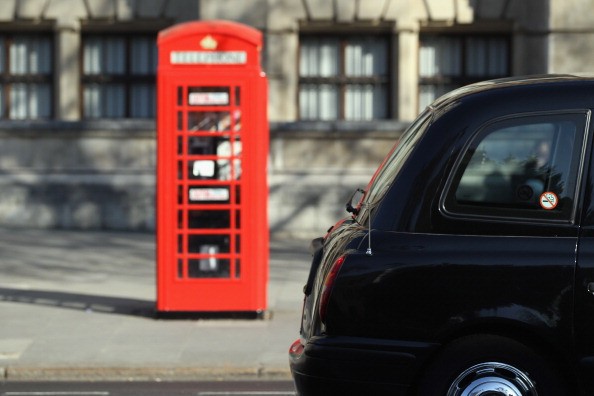
Do you break out in a sweat at the idea of being locked in a closet? Does an elevator make you feel nervous after the doors close because of the small space? Then you suffer from claustrophobia, the fear of confined spaces or places that have no escape. Women appear to be more likely to suffer from claustrophobia, which is an anxiety disorder.
As is the case with almost all anxiety disorders, large studies have found that women are more likely to be sufferers than are men. The reasons for such a difference between the sexes are not clear.
Claustrophobia, which is the feeling of extreme panic when faced with being in a confined or enclosed space, is not as well studied as some other phobias. But one claustrophobia situation has been comparatively well researched. Claustrophobia happens frequently in people who need to undergo magnetic resonance imaging (MRI). Being scanned in an MRI machine usually involves being in a tube that goes through the scanner for a prolonged period of time. It is a small space and even people who are not usually claustrophobic discover that they cannot stand having an MRI scan done.
Certain factors seem to be associated with an increase in how severely someone reacts to being in an MRI. These include being female, going into the scanner head first, and having had a bad scared, panicky experience previously with an MRI. Studies have found that some people do better with an MRI scanner that has a shorter chamber and is less noisy, but being female was still associated with a higher rate of claustrophobia.
At one time, it was believed that claustrophobia developed because of a traumatic experience, like being trapped in a closet during childhood, but newer research suggests that there might be a genetic component to claustrophobia. In a study of mice, a single defective gene was associated with signs of claustrophobia in the mice.

